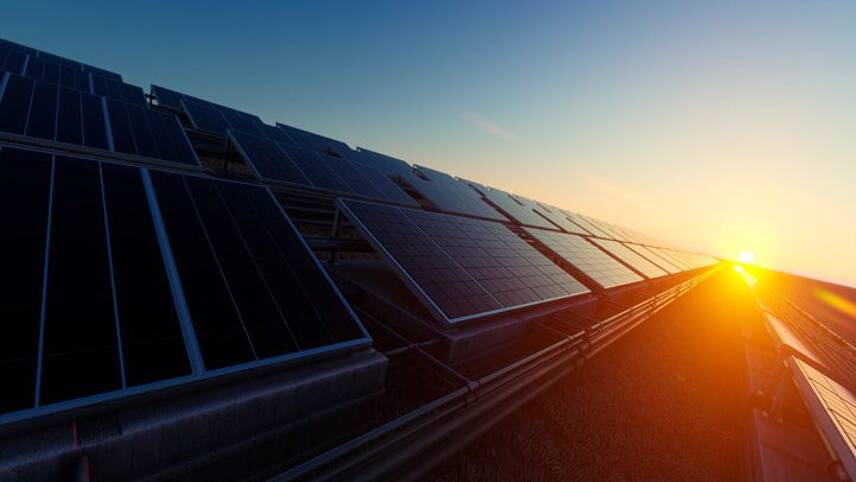Register for free and continue reading
Join our growing army of changemakers and get unlimited access to our premium content

The warnings arrive a little over two months out from COP28 in Dubai
PwC’s latest Net Zero Economy Index, published today (20 September) warns that the world is currently dangerously short of the level of ambition and decarbonisation required to combat the climate crisis.
The Index, which tracks economic growth and energy-related CO2 emissions data, found that a year-on-year decarbonisation rate of 17.2% is required to limit global warming to the 1.5C target. In comparison, the previous version of PwC’s Index from last showed that a 15.2% global decarbonisation rate was required.
Not only is the annual decarbonisation rate increasing, but it is also far higher than what has been achieved to date. The Index warns that global decarbonisation efforts need to grow seven times greater than what was recorded last year, and 12 times greater than the average decarbonisation level of 1.4% over the past two decades.
PwC’s global climate leader Emma Cox said: “The fact the world needs to decarbonise seven times faster is a spur to action, not a counsel of despair. While the overall pace has to pick up rapidly, dramatic change is possible when business and policymakers align.
“The rapid acceleration of the deployment of wind and solar in several regions shows change can happen. The world is decoupling growth from carbon emissions, now we need that trend to become a surge.”
Since 2000, no G20 country has been able to deliver decarbonisation at the levels required. The highest recorded in a single year was 10.9% by the UK in 2014. The UK also had the highest long-term level of decarbonisation in the analysis, maintaining a decarbonisation rate of 3.7% over the duration of the 21st century.
The Index notes that all nations need to increase levels of decarbonisation to stand a chance of meeting the Intergovernmental Panel on Climate Change’s (IPCC) advice that by 2030 emissions reductions need to reach 43%. PwC warns that a 78% reduction in carbon intensity is now required in under seven years.
Renewables hope
One small flicker of hope is that of renewables. The Index states that 2022 delivered a surge in renewable energy adoption, with solar energy experiencing its highest growth ever recorded at 24.4% and wind energy increasing by 13.1%. This growth was largely concentrated in China the US and Europe and PwC notes that these levels need to be seen in all other economies.
The warnings arrive a little over two months out from COP28 in Dubai, where nations will meet to try and put the global economy back on track to deliver the highest aims of the Paris Agreement and secure a 1.5C future.
Progress is unfortunately faltering. A group of researchers has warned that there is “little confidence” that around 90% of global net-zero emission pledges will be delivered in full or on time, sparking fresh calls for nations to update climate goals ahead of COP28.
Nations have submitted net-zero pledges as part of Nationally Determined Contributions (NDCs) to the Paris Agreement. But by the UN’s own reckoning, current NDCs by nations and states would put the world on course for a 2.5C temperature increase between pre-industrial times and 2100, even if implemented fully and on time.
In 2021, the UNFCC warned that global annual emissions would be 13.7% higher in 2030 than in 2010. It projected a continued increase in emissions beyond 2030. The body now believes that emissions will likely peak in or before 2030, with most parties having strengthened their NDCs over the past 12 months.


Please login or Register to leave a comment.